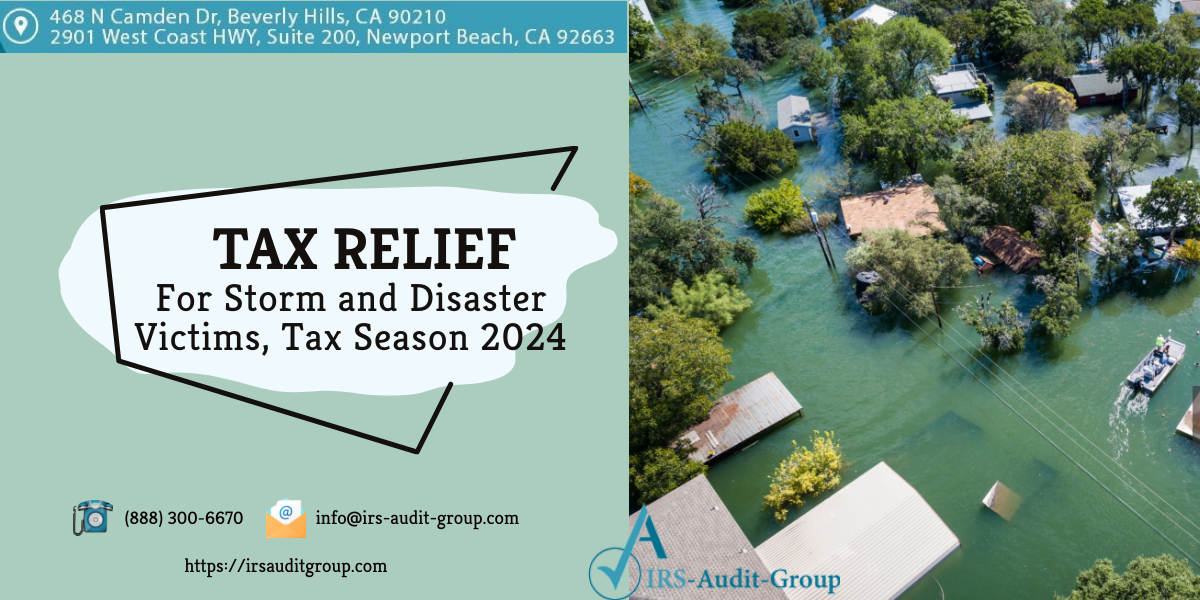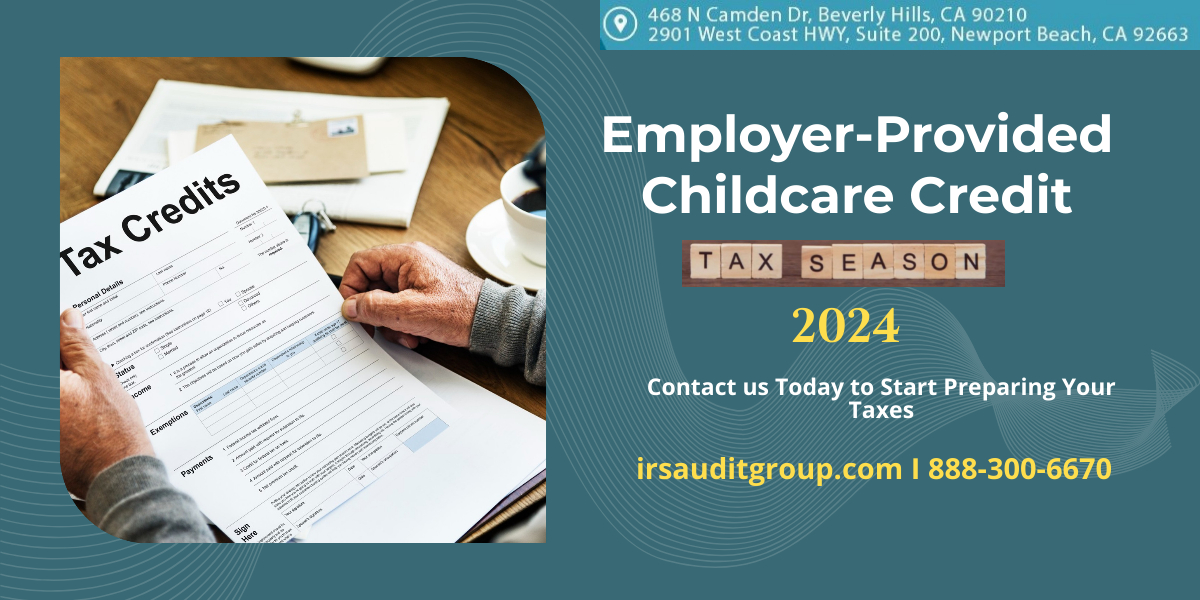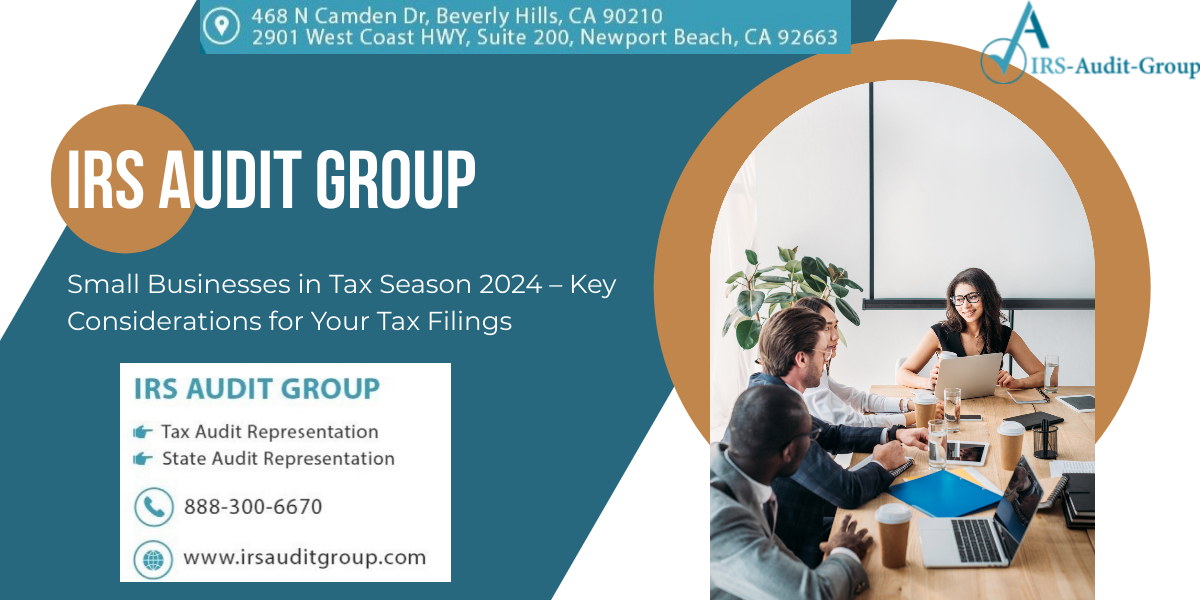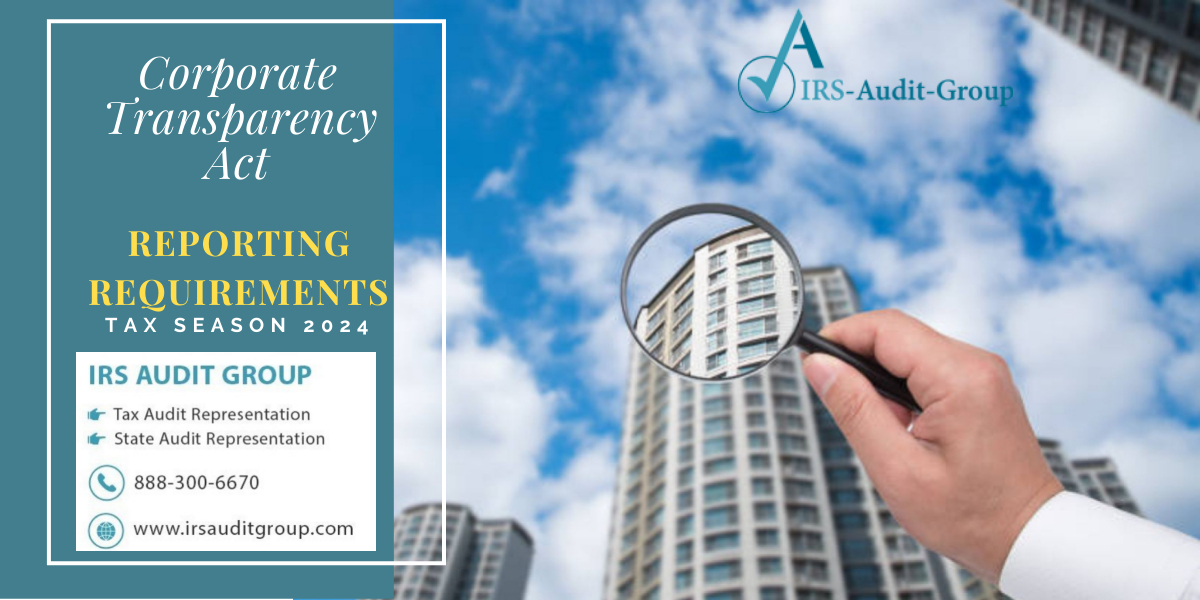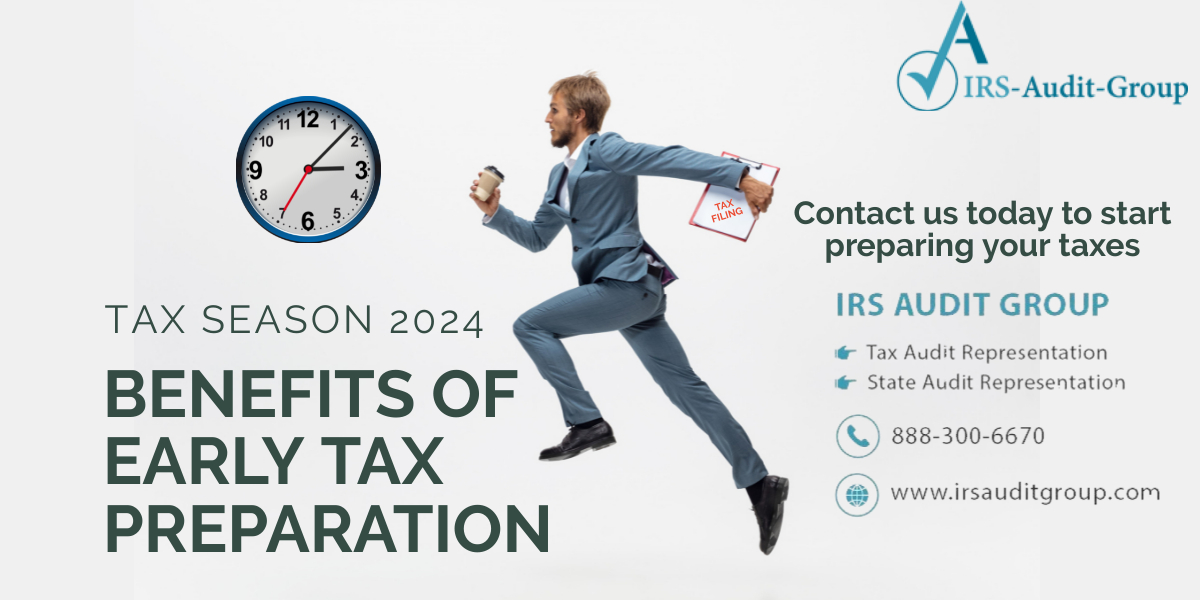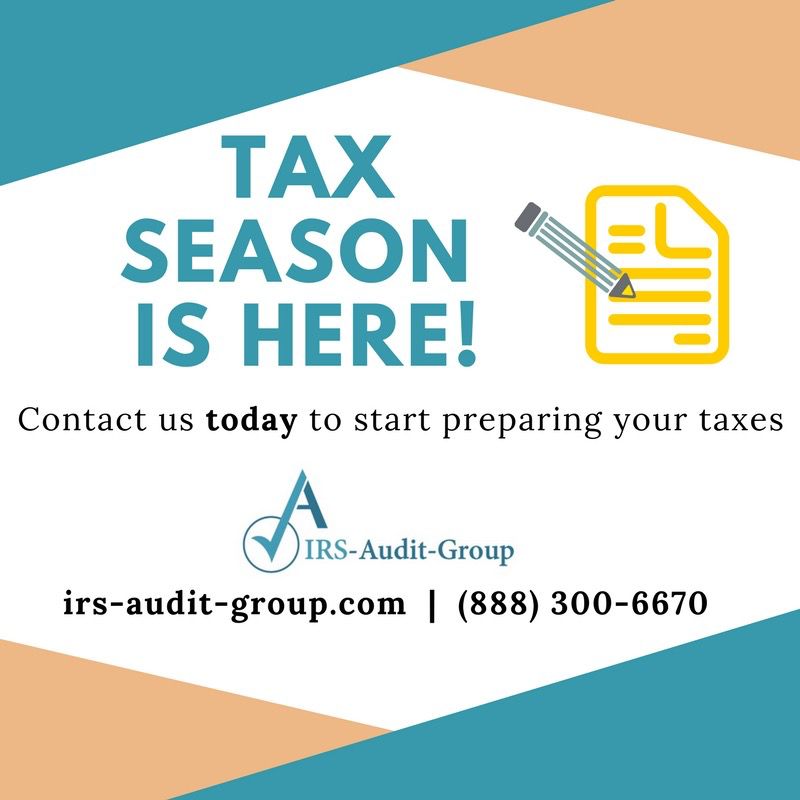IRS and Regulatory bodies update tax laws and regulations yearly. It is crucial to stay updated about the modifications that could affect your tax return and eligibility for tax credits as you gear up for the upcoming tax season 2024. Below are a few significant updates all taxpayers need to know.
Change in Standard Deductions
The standard deduction has been increased for the tax season 2024, which benefits all taxpayers. The revised deduction levels are as follows:
- $13,850 for single filers or married individuals filing separately,
- $20,800 for heads of households, and
- $27,700 for married couples filing jointly or qualified surviving spouses.
These changes are intended to give taxpayers improved tax savings and lower taxable income, thereby alleviating their financial burden.
Increased Additional Childcare Credit
The amount of the Additional Child Tax Credit (ACTC) has been raised. Now, the maximum additional child tax credit amount has been increased to $1,600 for every qualifying child.
The modifications made to the Child Tax Credit (CTC) under the American Rescue Plan Act of 2021 have now lapsed, signaling the end of those changes. Despite this, the IRS is actively keeping an eye on any new legislation related to the CTC that may be passed by Congress. The IRS is advising taxpayers who qualify for the Child Tax Credit not to delay filing their 2023 tax returns during this tax season 2024. If Congress alters the guidelines for the CTC, the IRS will automatically adjust the credits for individuals who have already submitted their tax returns, eliminating the need for any further action on the part of eligible taxpayers. Under the current law, the following conditions are applicable for the tax year 2023:
- The expanded tax credit for qualifying children under the age of 6 and the age of 18 is no longer in effect. For tax season 2024, the base amount of the CTC is set at $2,000 per qualifying child.
- The CTC begins to phase out for taxpayers with an Adjusted Gross Income (AGI) above $200,000 ($400,000 for joint filers).
- The refundable portion of the CTC remains limited, similar to the rules in 2020, with the ACTC maximum amount per qualifying child now increased to $1,500.
Changes to the Earned Income Tax Credit (EITC)
The provisions for taxpayers who do not have a qualifying child, as established by the American Rescue Plan Act of 2021, will not be in effect for the tax year 2023. To be eligible for the EITC without a qualifying child in 2023, taxpayers need to meet the age requirement of being at least 25 years old but under 65 years old by the end of 2023. For married taxpayers who are filing a joint return, at least one spouse must meet the age criteria of being at least 25 years old but under 65 years old by the end of 2023 to claim the EITC without a qualifying child. These age restrictions are put in place to ensure that taxpayers who are seeking this credit without a qualifying child meet certain age qualifications as outlined in the legislation. Taxpayers can find out if they are eligible to claim EITC through this official IRS link.
New Clean Vehicle Credit
The Clean Vehicle Credit, formerly known as the credit for new qualified plug-in electric drive motor vehicles, has changed in the tax season 2024. These changes include modifications to the maximum credit amount and the requirements for claiming the credit. Taxpayers may qualify for a credit of up to $7,500 for vehicles bought in the tax year 2023. For vehicles purchased before 2023, tax credits are calculated differently. Taxpayers can check for eligibility and corresponding tax credits here. To report the credit, taxpayers should use Form 8936, Qualified Plug-In Electric Drive Motor Vehicle Credit, and Form 1040, Schedule 3.
Health Savings Account (HSA) Limits
The contribution limits for HSAs have been raised for tax season 2024, benefiting those with high-deductible health plans. Individuals can contribute up to $4,150 in 2024, up $300 from 2023. The family contribution amount for 2024 rose to $8,300, a $550 increase compared with 2023. This increase allows individuals to save for medical expenses with tax advantages.
IRS Audit Group
IRS Audit Group consists of tax professionals, CPAs, enrolled agents, and tax attorneys. We are located in Los Angeles; California and our primary area of expertise is IRS Tax Audit Representation. However, our certified professionals cooperate and work with all IRS offices across the country. Please contact us for more information. https://irsauditgroup.com/contact/
Toll Free: (888) 300-6670
Emergency Number: (310) 498-7508


